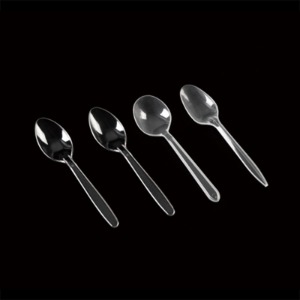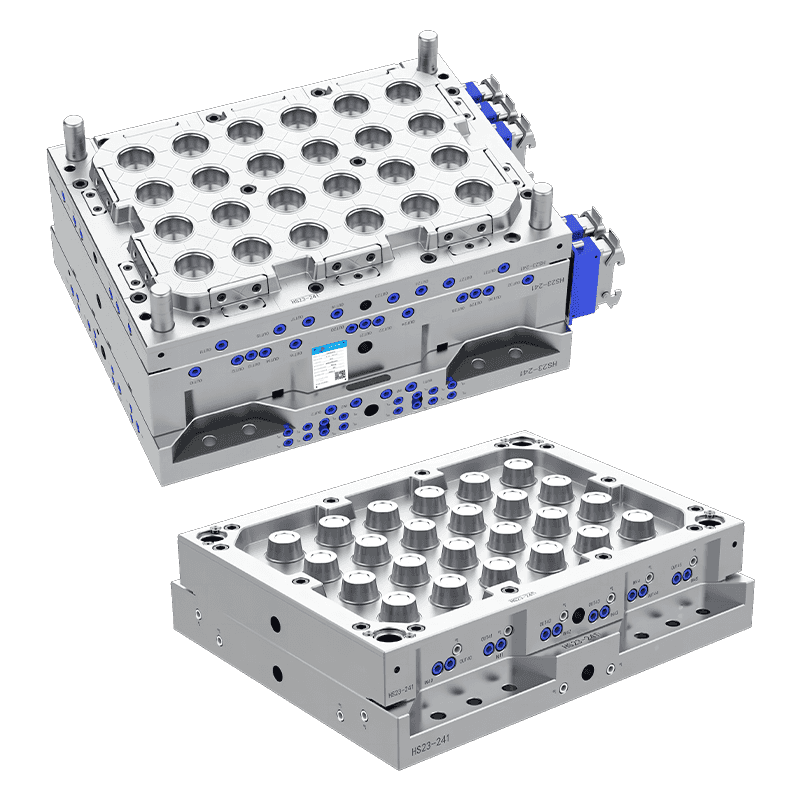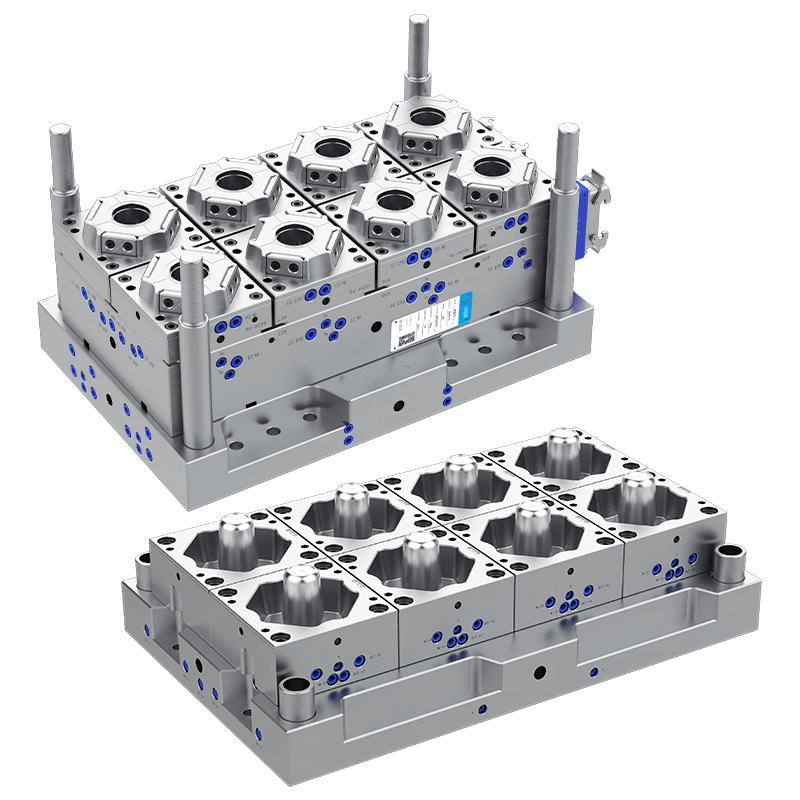Types and Comparisons of Spoon Molds
Spoon Mold For Sale are important because they determine the shape, size, and quality of the final product. High-quality molds ensure uniformity, smooth surfaces, and precise dimensions, which are critical for consumer satisfaction and usability. In industrial production, properly designed molds reduce material waste, optimize production speed, and minimize defects. Selecting the right mold enhances both operational efficiency and product durability, making it a key component in spoon manufacturing.

Key Characteristics of Spoon Molds
Several characteristics define the quality and performance of spoon molds:
1. Material of the Mold
Spoon molds are commonly made from materials such as stainless steel, aluminum, or high-grade plastic. Stainless steel molds are durable, corrosion-resistant, and ideal for repeated use in high-volume production. Aluminum molds are lightweight, cost-effective, and suitable for smaller-scale production. Plastic molds are often used for low-temperature molding processes or prototyping. The choice of material affects the lifespan, production efficiency, and surface finish of the spoons.
2. Mold Design and Complexity
Spoon molds vary in design complexity depending on the type of spoon being produced. Simple molds are suitable for standard spoon shapes, while more complex molds are used for specialized designs such as ergonomic handles, decorative patterns, or biodegradable spoon shapes. Multi-cavity molds allow the production of multiple spoons in a single cycle, improving efficiency for mass production.
3. Precision and Tolerance
Precision is critical in spoon molds to ensure uniformity in size and shape. High-precision molds maintain tight tolerances, which prevents defects such as uneven thickness, rough edges, or warped handles. Accurate molds produce spoons that are visually appealing, functional, and consistent in quality, which is especially important for premium products or commercial use.
4. Surface Finish
The surface finish of the mold directly affects the smoothness and appearance of the spoon. Polished molds produce smooth, glossy surfaces that enhance usability and aesthetic appeal. Textured molds can add grip or decorative patterns to the handle or bowl of the spoon. Proper surface finishing ensures ease of cleaning, a pleasant feel, and improved marketability.
5. Cooling and Ejection System
Efficient cooling channels in the mold help maintain shape accuracy and reduce production cycle times. Ejection systems, such as pins or plates, allow the finished spoons to be removed smoothly without deformation or damage. These features improve production efficiency, reduce waste, and ensure consistent product quality.
6. Durability and Maintenance
Durable molds require minimal maintenance and offer a long service life. Regular cleaning, inspection, and proper handling prevent wear and maintain mold precision. Stainless steel molds, in particular, provide long-term reliability and resistance to corrosion, making them ideal for high-volume production.
Types of Spoon Molds
Spoon molds can be categorized based on material, design, and production capacity:
Plastic Injection Molds: Used for producing plastic spoons with high precision and smooth surfaces. Suitable for disposable or reusable spoons in large volumes.
Stainless Steel Molds: Ideal for metal spoons, including stainless steel or silver-plated spoons. They provide durability and a polished finish for premium products.
Aluminum Molds: Lightweight and cost-effective, suitable for smaller-scale production or prototyping. Aluminum molds can produce plastic or metal spoons with good precision.
Multi-Cavity Molds: Designed for mass production, capable of producing multiple spoons per cycle to improve efficiency.
Specialty Molds: Customized molds for ergonomic handles, decorative patterns, or eco-friendly biodegradable spoons.
Comparisons of Spoon Mold Types
When comparing different spoon molds, several factors are important:
Material: Stainless steel offers durability and corrosion resistance; aluminum is lightweight and cost-effective; plastic is suitable for low-temperature molding.
Production Volume: Multi-cavity molds support high-volume production, while single-cavity molds are ideal for small batches or prototypes.
Precision: High-precision molds provide uniformity and smooth surfaces, essential for premium or commercial spoons.
Design Flexibility: Specialty molds allow customized shapes, ergonomic handles, and decorative patterns, whereas standard molds produce uniform, simple spoons.
Maintenance: Stainless steel molds require minimal maintenance; aluminum and plastic molds may need more frequent inspection and cleaning.
How to Choose a Spoon Mold
Choosing the right spoon mold involves evaluating production needs, material compatibility, and design requirements:
Determine Production Volume: Multi-cavity molds are ideal for large-scale production, while single-cavity molds suit small batches.
Select Material: Stainless steel for durability, aluminum for cost-effectiveness, or plastic for low-temperature molding.
Assess Design Requirements: Choose standard molds for simple spoons and specialty molds for custom or ergonomic designs.
Consider Precision Needs: High-precision molds ensure consistent quality and smooth surface finishes.
Plan for Maintenance: Select molds that are easy to clean, inspect, and maintain for long-term use.
Contact Us
Email: [email protected]; Or fill out the contact form below.

 English
English 中文简体
中文简体 русский
русский Español
Español Français
Français




